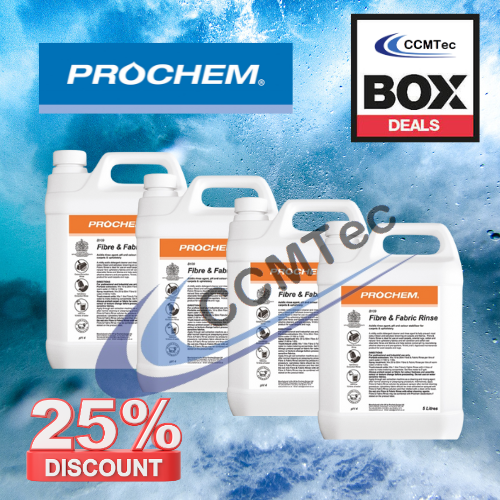How to Start a Cleaning Business in the UK: A Step-by-Step Guide
Share
🧼 How to Start a Cleaning Business in the UK: A Step-by-Step Guide
The cleaning industry is booming—and for good reason. Whether it’s sparkling homes, pristine offices, or specialist services like carpet or end-of-tenancy cleaning, demand is high and growing. If you’re ready to turn elbow grease into income, here’s how to start your own cleaning business from scratch.
1. 🧭 Choose Your Niche
Before you buy a mop, decide what kind of cleaning business you want to run:
• Domestic Cleaning: Homes, flats, and Airbnb properties.
• Commercial Cleaning: Offices, retail spaces, gyms.
• Specialist Cleaning: Carpets, windows, vehicles, post-construction, or biohazard.
Pick a niche based on your skills, local demand, and startup budget. Specialist services often command higher rates but may require training or certification.
2. 📋 Create a Business Plan
A solid business plan helps you stay focused and attract funding if needed. Include:
• Services offered and pricing model
• Target customers and geographic coverage
• Competitor analysis
• Start-up and running costs
• Marketing and growth strategy
Tip: Use free templates from sites like Checkatrade or Startups.co.uk to get started.
3. 🏛️ Register Your Business
Choose your legal structure:
• Sole trader - Simple setup, low admin - Personal liability
• Limited company - More credibility, liability protection - More paperwork, higher costs
Register with HMRC or Companies House, and open a business bank account to keep finances clean.
4. 🛡️ Get Insured
Insurance is essential for trust and protection:
• Public Liability Insurance: Covers damage or accidents at client sites.
• Employer’s Liability Insurance: Required if you hire staff.
• Equipment Cover: Protects your tools and supplies.
Most clients will expect proof of insurance before hiring you.
5. 🧽 Buy Equipment and Supplies
Start with the basics:
• Vacuum cleaner, mop, buckets, cloths
• Eco-friendly or industrial cleaning products
• PPE: gloves, masks, aprons
• Transport (car or van if mobile)
Keep receipts—these are deductible business expenses.
6. 💰 Set Competitive Pricing
Pricing depends on your niche and location:
• Domestic cleaning: £15–£25/hour
• Commercial cleaning: £30–£60/hour or fixed contracts
• Specialist jobs: priced per job or square footage
Factor in travel time, cleaning duration, and material costs.
7. 🎨 Build Your Brand
Stand out with a professional identity:
• Business name and logo
• Branded uniforms or vehicle signage
• Simple website and social media profiles
• Online booking or quote tools (optional)
A strong brand builds trust and makes you memorable.
8. 📣 Market Your Business
Use both online and offline tactics:
• Leaflets or flyers in local areas
• Google My Business listing
• Facebook groups and local directories
• Referral programs and client reviews
Start small, deliver excellent service, and let word-of-mouth do the heavy lifting.
9. 📊 Manage Finances and Taxes
Track income and expenses using:
• Spreadsheets or accounting software (e.g., QuickBooks, Xero)
• Submit a Self Assessment tax return annually
• Register for VAT if turnover exceeds £90,000
Consider hiring an accountant to stay compliant and stress-free.
10. 🚀 Grow Your Business
Once you’ve built a client base:
• Hire and train employees
• Invest in better tools and transport
• Expand services or geographic reach
• Secure contracts with landlords or businesses
Maintain quality, collect reviews, and build a reputation that lasts.
Starting a cleaning business isn’t just about scrubbing surfaces—it’s about building trust, delivering value, and creating a brand people rely on. With low startup costs and high demand, it’s one of the most accessible paths to self-employment in the UK.


